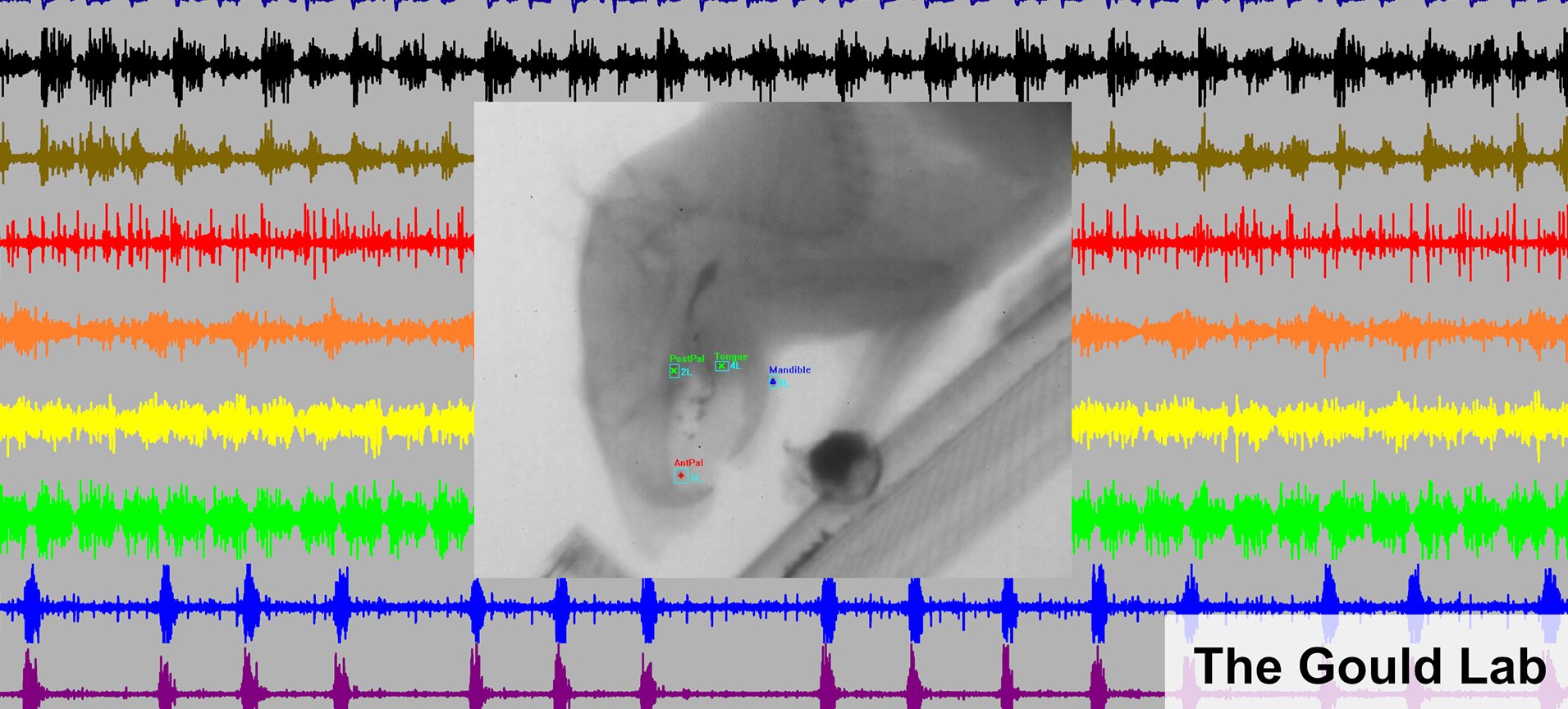Research
Research
Research
Parkinson’s disease is the second most common neurodegenerative disorder, and its incidence is rising worldwide. Swallowing disorders affect up to 90% of patients with parkinson’s disease at some point. Patients with Parkinson’s disease find eating difficult, and are at risk of undernutrition. They also have higher rates of silent aspiration (entry of food into the airway) and are at elevated risk of aspiration pneumonia which is the leading cause of death in long term patients with Parkinson’s. Symptom alleviating treatments for the motor issues affecting the limbs in Parkinson’s disease have little to no impact on swallowing. Food texture modification, which is the only long term treatment for chronic dysphagia, decreases quality of life and enjoyment of eating. Our lack of understanding of both physiological and neurological basis of swallowing dysfunction in Parkinson’s disease limits our ability to design either therapeutic or neuroprotective treatments for these symptoms.
In the Gould lab we are developing a validated animal model of pesticide induced Parkinson’s disease specifically to study eating and swallowing dysfunction. We use high speed videofluoroscopy (xray video) to measure changes in oral function and identify abnormal swallowing behaviors. We use simultaneous electromyography of chewing and swallowing muscles to identify changes in the motor outputs from the brain resulting from neurological changes. Finally, brain histology and antibody staining lets us identify when neurological damage to brain regions implicated in swallowing occurs in our model.
